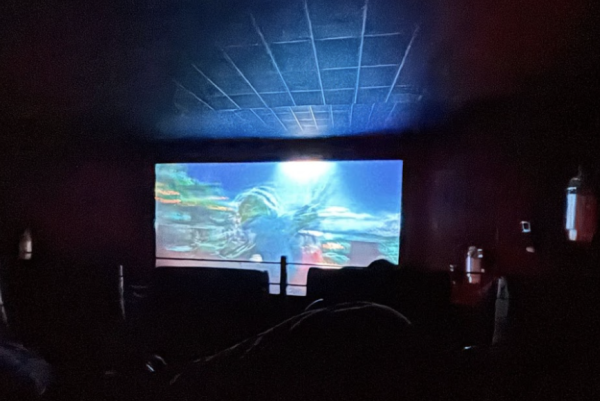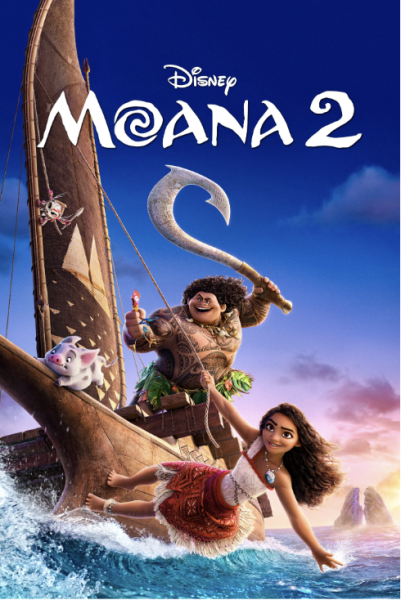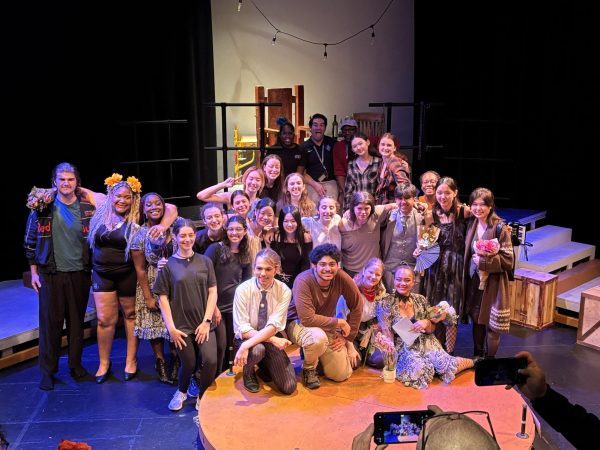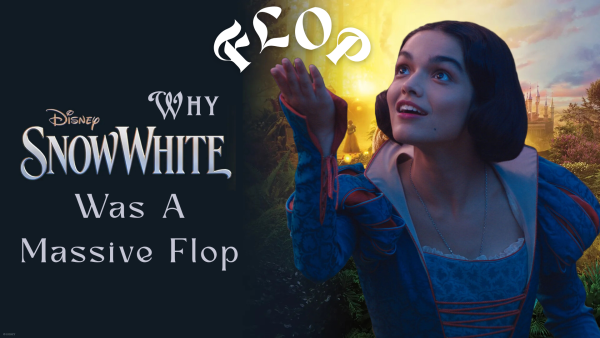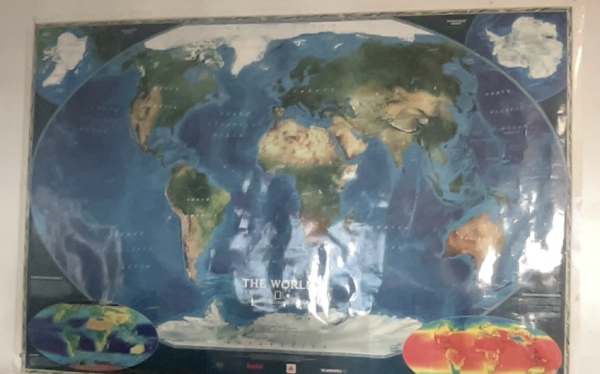Reality Television: The Unsung Entertainment Hero of Quarantine
Reality TV shows such as “Too Hot to Handle”, “Tiger King”, and “Love is Blind” have gained massive popularity since their initial releases.
There is a newfound sense of comfort that envelops me as I turn on the TV and watch as it unfolds into the iconic black and red Netflix screen. In the darkness of my living room at nine PM at night, I find myself aimlessly scrolling through newly released shows and movies, searching for a distraction- an activity that has managed to build itself into my daily routine for the past three months. I hover over the trailer for Tiger King, which Netflix informs me is the most-watched show today in the United States, and before I know it, I’m three episodes in.
As the war against the coronavirus rages outside, this is becoming an increasingly familiar occurrence for many around the world. While the stay at home order has already elapsed for the city of Houston and many other cities in the United States, millions willingly remain indoors in order to contain the spread of the novel COVID-19 virus until concrete confirmation of safety has been guaranteed. And while people have been stuck at home, media entertainment has been the activity of choice.
According to Comscore, TV viewership surged nearly 72.4% since the end of 2019, with Americans tuning in to more reality TV shows than ever before. As newly-released shows such as Tiger King, Too Hot to Handle, and Hoarders sweep the nationwide Top 10’s scoreboard on Netflix, a question that some have been wondering is why viewers find it so appealing to watch shows that spotlight painful memories of a world where social distancing and global pandemics were not trending searches on Google.
Rather ironically, the answer lies in just that. In a time where normalcy has been thrown out the window and old routines have become irrelevant, reality television serves as a sense of stability. It offers viewers a look into a past where physical contact and intimacy with others were not prohibited by government mandates (unless, of course, in Too Hot to Handle). The very concept of in-person social interaction has become fascinating and something of conceptual nature, providing a sense of hope for the possibilities a post-lockdown world might contain. Watching the happenings of Joe Exotic from Tiger King and the drama between Kelz and Harry from Too Hot to Handle, it’s easy to retreat into the protection of reality TV, a genre whose name holds less and less accuracy as time goes by.
At the same time, reality programming holds a factor of relatability, with many of the shows centering around contestants acclimating to unfamiliar situations, oftentimes in complete lockdown from the outside world. Netflix’s latest reality show, Too Hot to Handle, follows fourteen individuals that must navigate restrictions on heavy petting and intimacy, essentially presenting itself as an altered perspective on social distancing. Breaches to the rules result in deductions from the communal one hundred grand prize fund and social repercussions from the other 13 people in the house. The bubbly comedy and seemingly trivial occurrences that the show is rife with provide viewers a sense of relief and escape from the otherwise tense reality they find right outside their doorstep.
On the flip side of the genre lies programs such as Tiger King. The show, which follows the feuds and affairs of Joe Exotic, an exotic cat owner and convicted felon, embraces the grotesque and provides viewers a version of reality that seems hard to imagine. As the current events of today morph into more and more of an unforgiving post-apocalyptic-meets-horror storyline not far from a Steven King novel, it’s understandable how people find comfort in programs that, while riveting, display no resemblance to the story the world lives today.
In the age of the coronavirus and pervasive uncertainty of the future, reality TV is providing people with something to look towards when times get especially rough. Stitching together human interaction, a sense of nostalgia, and a light-hearted attitude, all of which are especially hard to encounter nowadays, reality TV just might be the exact reality we need right now.

Anna Zhu is currently a senior and has been attending The Village School for fourteen years. Having served as Copy Editor and Design Editor previously,...


